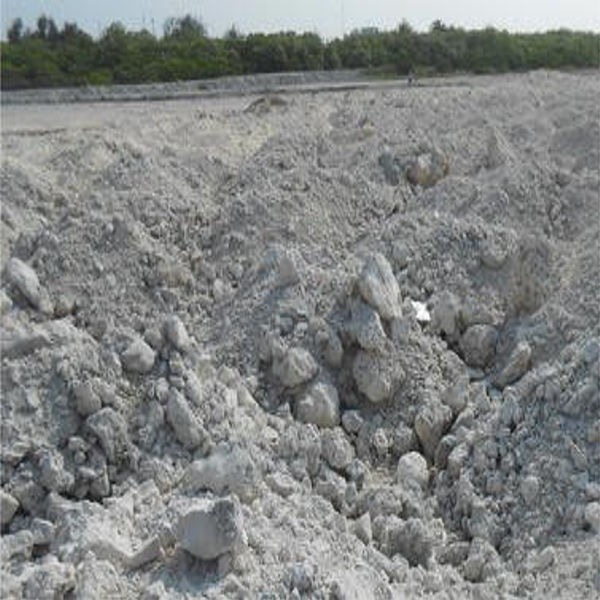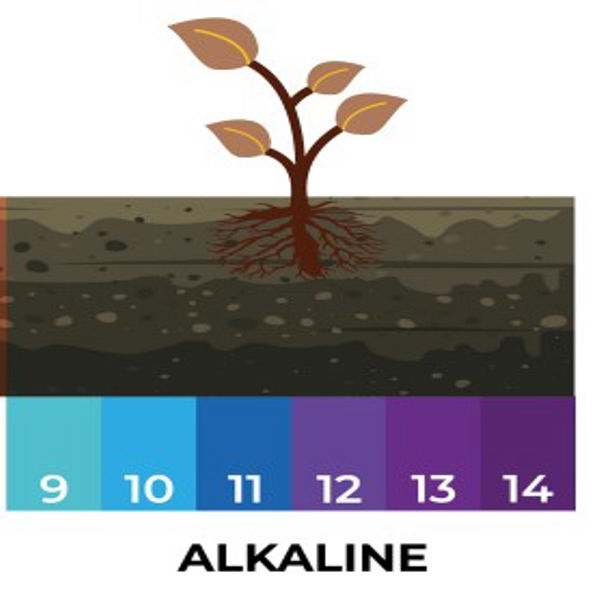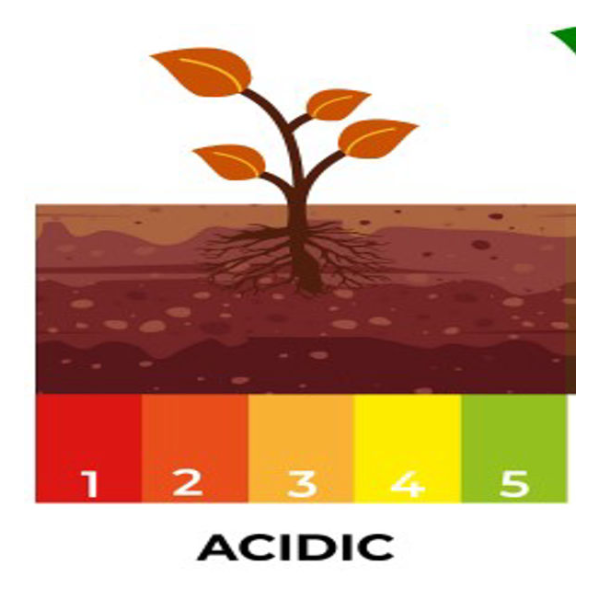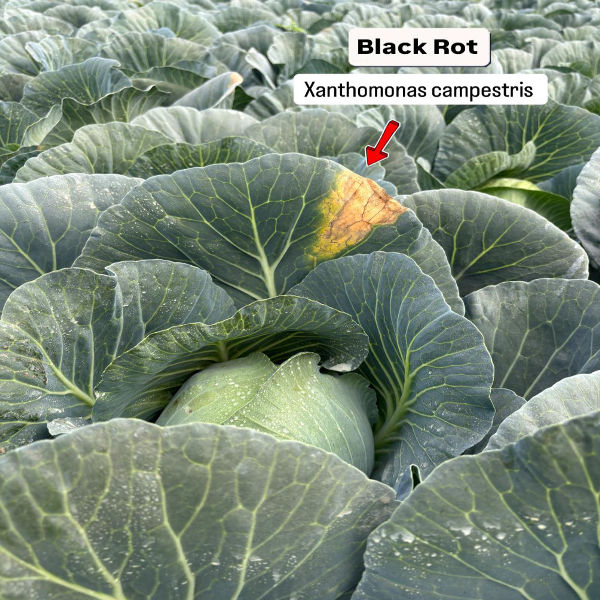
What is Calcareous Soil ?
Calcareous soil is a type of soil that contains a high amount of calcium carbonate (CaCO₃), which is commonly found in limestone, chalk, and marl. This soil is usually alkaline with a pH value above 7, making it less acidic compared to other types of soil.
Key Characteristics of Calcareous Soil:
High Calcium Content: The presence of calcium carbonate is what sets this soil apart. It helps in making the soil more fertile but also affects the availability of other nutrients.
Alkaline Nature: Calcareous soil tends to have a high pH level, which can limit the availability of certain nutrients like iron, phosphorus, and manganese.
Good Drainage: These soils usually drain well due to their coarse texture, which prevents waterlogging and encourages root growth.
Mineral-Rich: Calcareous soil is rich in minerals, making it beneficial for growing certain crops that thrive in alkaline conditions, such as grapes, olives, and cabbage.
Farming with Calcareous Soil:
While calcareous soil offers many benefits, it can also pose challenges for some crops. For instance, plants that prefer acidic soil might struggle here. It’s important for farmers to monitor nutrient levels and adjust accordingly, often through fertilizer application or pH modification.
Keywords
7 making
minerals making
alkaline conditions
fertilizer application
instance plants
pose challenges
cabbage farming
grapes olives
prevents waterlogging
coarse texture
iron phosphorus
limestone chalk
commonly found
calcareous soil
ph modification
acidic compared
high amount
calcium carbonate
prefer acidic soil
calcareous soil offers
soil key characteristics
high ph level
calcium carbonate caco₃
monitor nutrient levels
manganese good drainage



